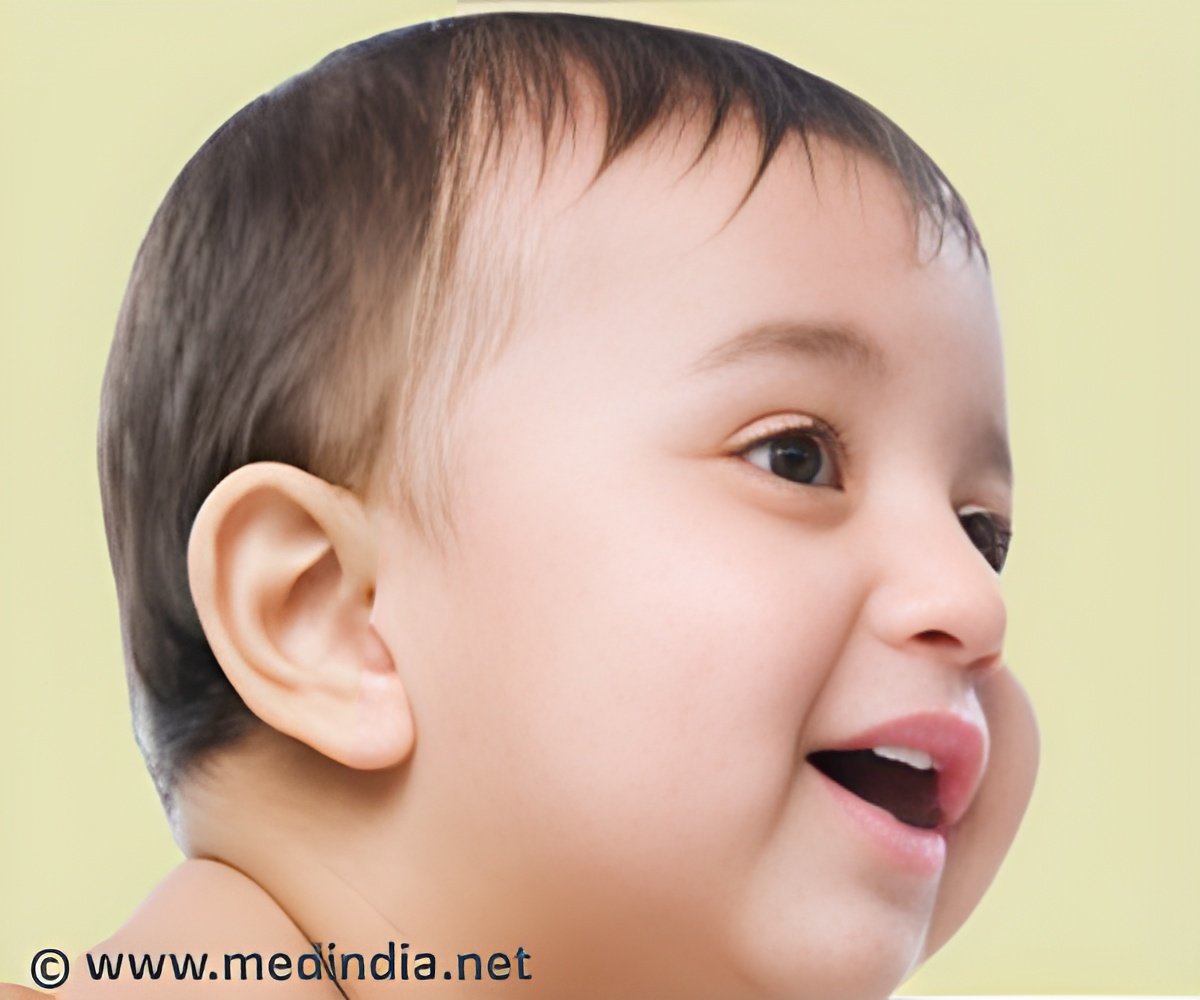The study shows that a toddler's body plays a role in learning names of objects and uses the body's position in a particular space to connect ideas.

Researcher Linda Smith said that this study shows that the body plays a role in early object name learning, and how toddlers use the body’s position in space to connect ideas, the creation of a robot model for infant learning has far-reaching implications for how the brains of young people work.
Using robots and infants, researchers examined the role bodily position played in the brain’s ability to "map" names to objects. They found that consistency of the body’s posture and spatial relationship to an object as an object’s name was shown and spoken aloud were critical to successfully connecting the name to the object.
The new insights stem from the field of epigenetic robotics, in which researchers are working to create robots that learn and develop like children, through interaction with their environment.
Smith added that a number of studies suggest that memory is tightly tied to the location of an object. None, however, have shown that bodily position plays a role or that, if you shift your body, you could forget.
Smith noted that the experiments may provide a new way to investigate the way cognition is connected to the body, as well as new evidence that mental entities, such as thoughts, words and representations of objects, which seem to have no spatial or bodily components, first take shape through spatial relationship of the body within the surrounding world.
The study may also provide new approaches to research on developmental disorders in which difficulties with motor coordination and cognitive development are well-documented but poorly understood.
Source-ANI
 MEDINDIA
MEDINDIA




 Email
Email










